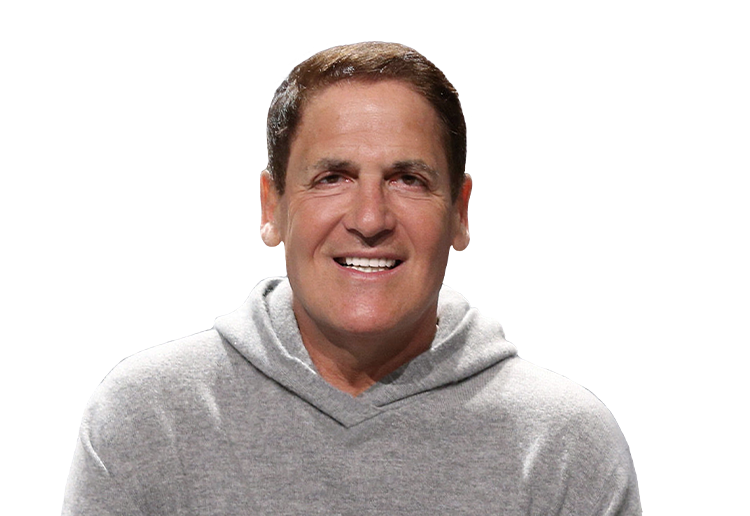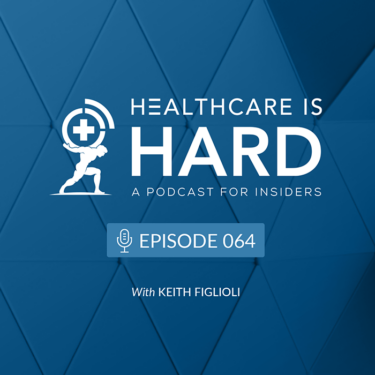
Mark Cuban built a career disrupting industries and creating new ones. Now, his sights are set on healthcare.
There’s no secret ingredient to Mark’s success. As the world sees very publicly on Shark Tank, his style is the opposite of keeping secrets. It’s based on providing respectful, but direct, honest and unvarnished opinions. He’s bringing that style to healthcare in order to inject what he says the industry is lacking most. Trust.
To kick-off a series of Healthcare is Hard podcast episodes that will dive deep into all aspects of reinventing the pharmacy space, Keith Figlioli sat down with Mark to discuss his vision and strategy behind Mark Cuban Cost Plus Drug Company, and many other healthcare-related topics.
With Cost Plus Drug Company, Mark is bringing radical transparency to what he says is the most opaque industry he’s ever been involved in. He’s doing it by pricing every single product the same way – the cost of a drug, plus 15% markup, plus pharmacy fee (if any), plus shipping – and publishing these details for everyone to see.
Through this model, Mark aims reduce costs and improve access to drugs, while rebuilding trust in the industry. With 2,400+ drugs now available, he’s off to a fast start and talked to Keith about other evolving elements of the business including wholesale operations for providers, partnerships with grocery and pharmacy chains, and more.
Some of the other topics Keith and Mark discussed include:
- The Netflix model for specialty drugs. With revolutionary precision medicine coming to market at high costs that can reach millions of dollars per treatment, how will employers and consumers afford them? According to Mark, that’s the wrong question. He’s looking at the challenge through the manufacturer’s lens, asking how much they’ve invested in drug development and at what dollar value can they make reasonable returns. He discussed conversations he’s having with manufacturers about creating subscription services that could cover a wide range of high-cost, specialty drugs.
- Transparent, direct contracting. Mark now self-insures his employees and their family members, contracts directly with providers on payment rates, and – following the Cost Plus philosophy – publishes everything for the world to see. He shared a personal story that helped lead him to this decision where he paid a provider directly when his son needed an X-ray and realized it was a fraction of the cost of agreed upon rates with his insurance company. He talked about how this decision cuts other costs while improving employee wellness, removing burdens on HR, and ultimately helping providers by removing the risk they take and helping them get paid faster.
- Millions of AI models. Mark is a big believer that there will be millions of AI models and everyone will have one. He says 100 years from now you’ll be able to ask him questions through a model trained on all his emails and data. But AI in healthcare will be more segmented. He talks about how there’s no way leading research hospitals with respected brands will feed their data into one large language model unless they get paid an extreme amount of money. They may even stop publishing “anything and everything” to prevent their research from being ingested into someone else’s model.
To hear Mark and Keith discuss these topics and more, listen to this episode of Healthcare is Hard: A Podcast for Insiders.
